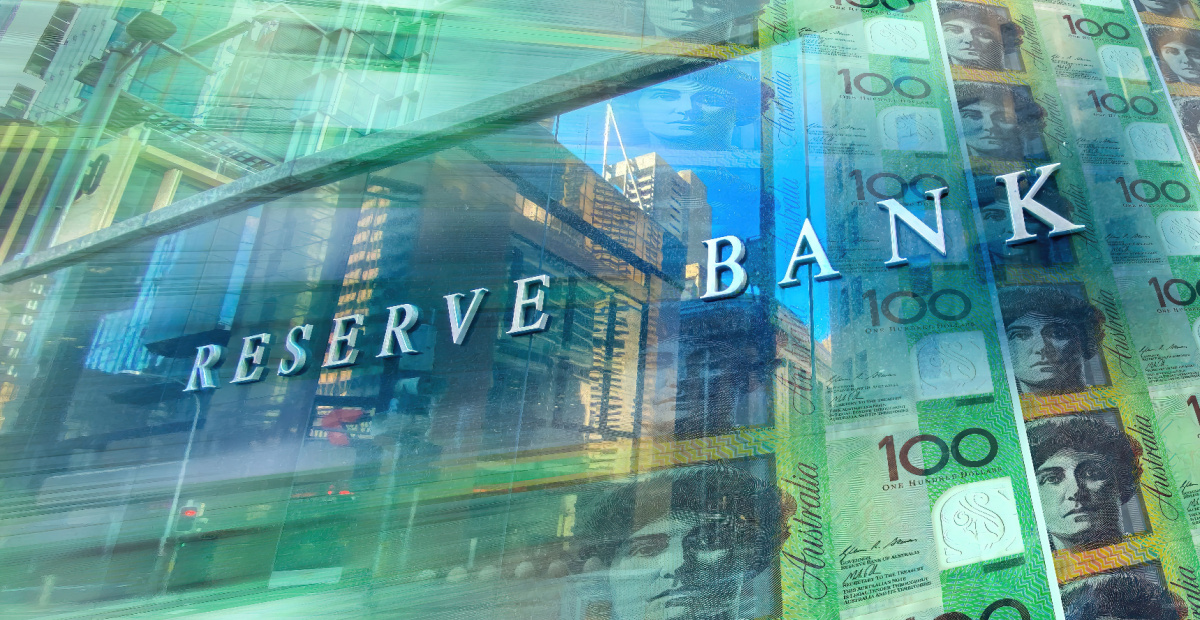‘A hawkish hold’: Analysts weigh in on RBA rate movements

The Reserve Bank of Australia (RBA) is unlikely to take any action on the cash rate until at least early 2025, according to wealth sector analysts, as the steady flow of cash into the local economy keeps inflation stubbornly sticky.
“Recent domestic developments have been mostly neutral with some deviating in a mildly hawkish direction, an outcome that is unlikely to materially ease RBA concerns around inflation persistence,” writes Carl Ang, a research analyst at MFS Investment Management.
Ang notes that, despite the RBA’s efforts to stem consumer spending, consumption remains stronger than the central bank’s expectations. What is more, business and consumer confidence indices have likewise proved resilient (with only a modest drop in the latter) in the face of decade-high policy rates and an increasing number of over-leveraged householders.
Ang adds that the RBA is also likely to weigh up the impact of recently announced government stimulus, including a $300 energy rebate for householders, on the underlying inflation profile.
Despite the rapid CPI rate drop between the end of 2022 and end of 2023, HSBC chief economist Paul Bloxham noted a recent slowing of disinflation. This comes despite a marked slowdown in economic growth, with GDP rising by just 0.1% in Q1 and 1.1% y-o-y – outside of Covid, the weakest pace of annual economic growth since the early 1990s recession.
“Despite the growth slowdown, the economy is still operating close to, or beyond, its capacity. Surveyed capacity utilisation is still fairly high, albeit below its peak rates, and the unemployment rate is still low, at 4.0% in May, despite having increased from its multi-decade low of 3.5% reached in late 2022.”
Scott Solomon, co-portfolio manager at T. Rowe Price, believes that RBA faces a difficult balancing act managing inflation impacts on different groups of people, with elements of the economy “that remain hot” while, at the same time, an increasing number of Australians are struggling to make ends meet.
This tenuous balance for the RBA means the status quo will likely prevail.
“It is unlikely that the RBA will take any action at their June meeting,” Solomon said.
“The question is whether they will be able to cut later this year. Right now, we believe the answer is ‘no’”.
For Solomon, the RBA ultimately lacks the tools to tackle significant parts of the economy that are still running hot.
“While we champion central bank independence, it is evident that too much money is flowing into Australia. The RBA does not have the tools to curtail this.”
He added: “Legislative and regulatory action is required to give the RBA a chance to succeed.
“Until that happens, it is difficult to see the RBA in a position where they feel comfortable cutting the cash rate to provide the support many Australians require.”
According to Ang, a potential rate cut in early 2025 onwards “strikes the balance between supporting growth and controlling inflation, thus helping mitigate the risk of recession in the Australian economy”.











If CSLR is the ‘last resort’ please tell us ASIC what measures have been taken before you hit innocent advisers…
ASIC, So who do you think are going to pay your $200m in fines when this lot can’t even pay…
When, oh when, are you going to do an analysis of "wholesale only" advisers who are NOT on the FAR…
I’ve just paid the $1,295 CSLR levy, and honestly, I’m frustrated that my hard-earned money is being used to cover…
Just remind us again how much money a super trustee spent on their 40th birthday party using member funds? What…